The announcement of “All of Us Strangers” shocked the internet with the partnership of actors Andrew Scott and Paul Mescal as love interests on the big screen. The casting quickly gained attention due to the popularity of each actor. There was also distinct controversy concerning the Mescal’s sexuality. While Scott is openly gay, Mescal has only ever been seen in cisgender heterosexual relationships. Leading viewers to debate the validity of straight actors in queer roles
In media’s questioning of whether or not it is appropriate for straight actors to play gay roles, both Scott and Mescal have shared their thoughts. In an interview with The Sunday Times, Mescal defended the team’s choice of casting, saying, “The issue is that there have been so many queer performances in cinema that have been offensive, but that’s because the filmmakers and the actors have been careless.”
Scott, as a gay actor, has been more vocal than Mescal on the issue, saying
Scott, as a gay actor, has been more vocal than Mescal on the issue, saying in an interview with Screen Daily, “As much as I feel like representation is an issue, so is transformation.
As an actor who has been cast as both straight and gay characters, Scott goes on to say, “I don’t love the idea of being cast for something purely for my own sexuality.” I don’t want a totalitarian regime – we have to look at each individual story we’re telling and what’s right for that.”
The ongoing controversy
The controversy surrounding straight actors playing queer roles has been a subject of disagreement within the LGBTQ community for a long time. The argument against this kind of casting tends to revolve around the fact that straight actors do not have the experience of the marginalized group that they represent. Additionally, this argument surrounds the issue of representation and whether there is space being made for gay actors to play these roles.
The argument for the casting to have the option of straight actors in gay roles surrounds the fact that no actors have experiences that are completely aligned with the character that they play. As Scott put it in an interview with Screen Daily, “You’re not just playing ‘gay’, you’re playing the attributes of the character.” Each story is distinct, and many believe that there shouldn’t be a universal rule in order to give queer creators the flexibility to tell their stories – which is the ultimate goal. “I don’t want a totalitarian regime,” Scott says. “We have to look at each individual story we’re telling and what’s right for that.”
Gender identity vs sexuality
The LGBTQ community encompasses more than just sexual orientation – the community is vast and complex, and storytelling must also be vast and complex. The way we tell stories and represent trans characters will be different than the way we tell stories and represent gay cisgender characters – particularly because gender expression and sexuality are different.
One person might choose to publicly celebrate their sexuality, while others may choose to make it more private. There is a distinct danger in assuming any actor’s sexuality, especially when they have not publicly disclosed anything to that point.
The dangers
We saw this danger manifest through the Netflix series “Heartstopper.” Fans and viewers became fixated on whether or not Kit Connor, who was portraying Nick, was gay himself. Connor was eighteen during the first season’s release and had made no public statements about his sexuality. Some fans were simply curious, but others were furious at the prospect of a straight man playing a gay character.
The pressure that Connor received led to harassment, and ultimately, after a time of isolation, the actor was forced out of the closet, as he stated in a tweet. “I’m bi” Connor wrote, “Congrats for forcing an 18-year-old to out himself. I think some of you missed the point of the show.”
Mescal has made no public statements about his sexuality. Media outlets have stated that he is straight, but Mescal has never made any public statements about his sexual orientation. The assumption that he is straight comes from his one public romantic relationship with musician Phoebe Bridgers.
In a video interview with Queerly, Mescal started answering the question of whether his casting was an issue, as he is straight. He said, “Assumptions are dangerous… that’s all I’m going to say on that front.” Scott quickly played interference, saying, “Let me answer that if that’s okay.” Later in Attitude , Scott said, “If we could erase the assumption in our society that everybody is straight until proven otherwise, it would make an enormous difference to people.”
Queer stories by queer folks
While the conversation surrounding representation is essential, we have seen that forcing someone to broadcast their sexuality to the world is dangerous. Sexuality can be a public celebration, but it can also be a private. Stories like “All of Us Strangers” are examples of queer stories being made by and for queer people on all sides of production. Scott followed up his statement with Queerly with a strong answer, saying that the important thing is “that there’s representation on all sides of the camera… the front of and it behind it.”
The film’s director, writer, and lead actor are all openly gay – and their coming out was a choice that they made. So, while it is easy to fixate on whether Mescal’s casting is real representation there is a very real risk of repeating the history we have seen of forcing someone’s private life into the public sphere. Here we have the opportunity to learn from the dangers of past, and to listen to the voices of queer actors like Andrew Scott on how to move forward with representation in queer storytelling.
Check out:
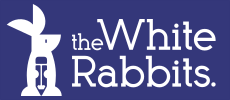
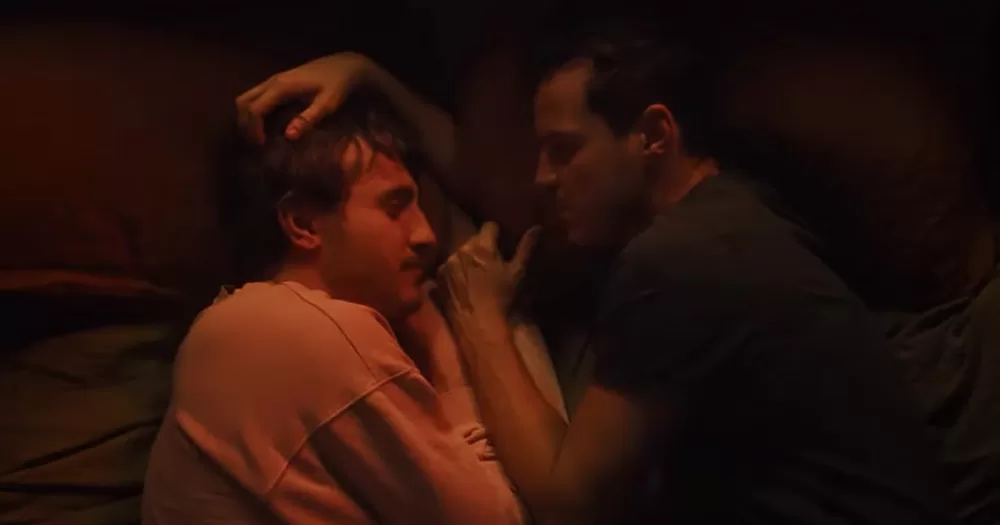







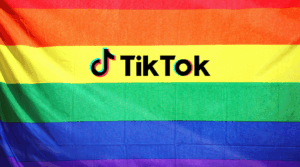
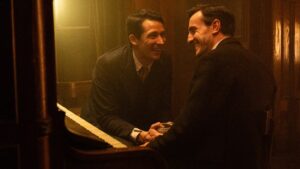
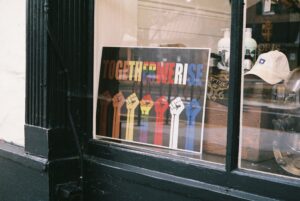
Be First to Comment